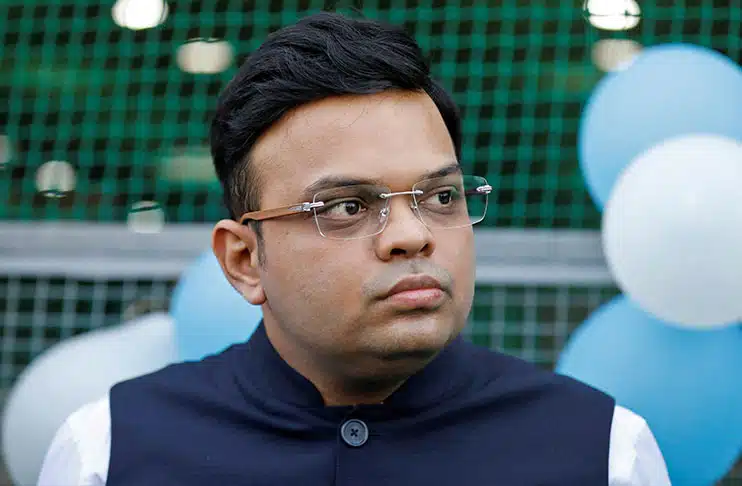ICC Under Fire for Hypocrisy Over Jay Shah's Post
The ICC's response to the controversy will be closely watched, as the organization seeks to maintain its credibility and uphold the principles of fair play and sportsmanship that underpin the game of cricket. The debate surrounding Shah's post and the ICC's policies has highlighted the need for clarity and consistency in the organization's decision-making, and has raised important questions about the role of sports in promoting peace and understanding.

The International Cricket Council (ICC) is facing criticism for its handling of a controversy surrounding chairman Jay Shah's social media post expressing solidarity with India's armed forces, with some accusing the organization of "staggering hypocrisy" in its enforcement of policies against political messaging.
Australian journalist Malcolm Conn has compared the ICC's response to two incidents, pointing out that the organization reprimanded Australian cricketer Usman Khawaja for planning to wear shoes with a human rights message, while remaining silent on Shah's post. Conn argues that the ICC favors certain voices, particularly those of powerful nations, over others. The controversy has sparked debate about Shah's dual roles as ICC Chairman and secretary of the Board of Control for Cricket in India, with some questioning whether he should resign from one position.
The incident has also raised questions about the consistency of the ICC's policies, with critics arguing that the organization's ban on political messaging on the field is selectively enforced. Shah's post, which was later deleted, praised the Indian armed forces for their valour and commitment to protecting the nation, amid rising cross-border tensions with Pakistan. The ICC has not publicly addressed the controversy, leaving many to wonder about the organization's stance on the matter.
The controversy has significant implications for the cricket world, with the ICC's handling of the situation potentially damaging its reputation and undermining its authority. As the organization navigates the complex web of international relations and geopolitical tensions, it must balance its commitment to neutrality with the need to address the concerns of its member nations and the global cricket community.